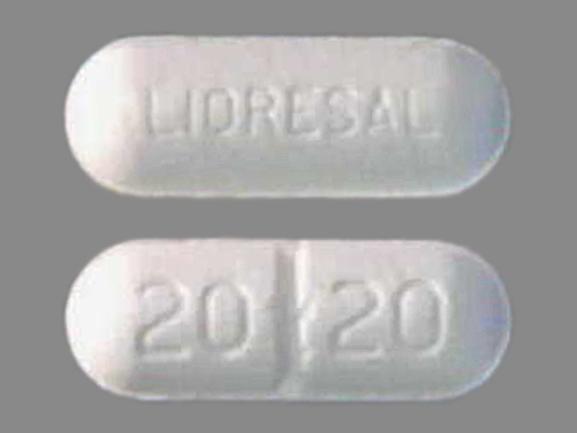Lioresal Disease Interactions
There are 4 disease interactions with Lioresal (baclofen).
Baclofen (applies to Lioresal) renal dysfunction
Major Potential Hazard, High plausibility.
Baclofen is primarily eliminated by the kidney. Patients with impaired renal function may be at greater risk for adverse effects from baclofen due to decreased drug clearance. Therapy with baclofen should be administered cautiously in such patients. Dosage adjustments may be necessary.
Baclofen (applies to Lioresal) autonomic dysreflexia
Moderate Potential Hazard, Moderate plausibility.
Therapy with intrathecal baclofen should be administered cautiously in patients with a history of autonomic dysreflexia, since the presence of nociceptive stimuli or abrupt withdrawal of the medication may trigger an episode of dysreflexia.
Baclofen (applies to Lioresal) psychoses
Moderate Potential Hazard, Moderate plausibility. Applicable conditions: Psychosis, History - Psychiatric Disorder
Baclofen may precipitate or exacerbate psychotic symptoms, both during therapy and following abrupt withdrawal of the drug. Therapy with baclofen should be administered cautiously in patients with a history of psychiatric disorders.
Baclofen (applies to Lioresal) seizure disorders
Moderate Potential Hazard, Moderate plausibility. Applicable conditions: Seizures
Deterioration in seizure control and electroencephalographic (EEG) changes have been reported occasionally in epileptic patients treated with baclofen. Therapy with baclofen should be administered cautiously in patients with a history of seizures. Clinical status and EEG should be monitored at regular intervals during treatment. Except in cases of overdose or severe adverse reactions, cessation of baclofen therapy, whenever necessary, should occur gradually with incrementally reduced dosages. Abrupt withdrawal has been associated with central nervous system effects including seizures, hallucinations, and psychosis.
Switch to professional interaction data
Lioresal drug interactions
There are 370 drug interactions with Lioresal (baclofen).
Lioresal alcohol/food interactions
There is 1 alcohol/food interaction with Lioresal (baclofen).
More about Lioresal (baclofen)
- Lioresal consumer information
- Check interactions
- Compare alternatives
- Reviews (23)
- Drug images
- Side effects
- Dosage information
- During pregnancy
- Generic availability
- Drug class: skeletal muscle relaxants
- Breastfeeding
Related treatment guides
Drug Interaction Classification
| Highly clinically significant. Avoid combinations; the risk of the interaction outweighs the benefit. | |
| Moderately clinically significant. Usually avoid combinations; use it only under special circumstances. | |
| Minimally clinically significant. Minimize risk; assess risk and consider an alternative drug, take steps to circumvent the interaction risk and/or institute a monitoring plan. | |
| No interaction information available. |
See also:
Further information
Always consult your healthcare provider to ensure the information displayed on this page applies to your personal circumstances.


